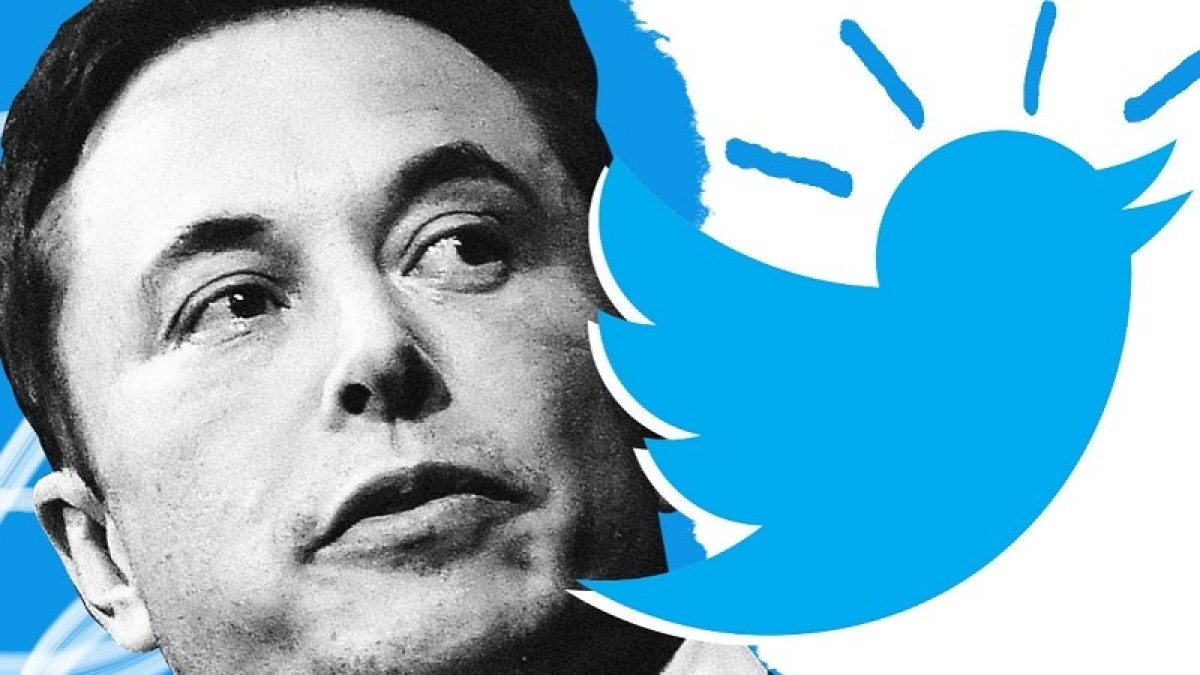 265
265
WASHINGTON - Twitter suspended the accounts of several high-profile journalists covering the social and Elon Musk but then restored them after a wave of protests. The move comes after the platform's patron changed his policy on accounts that track private jets, including Musk's.
A series of steps taken in recent days by Elon Musk have shown how his promise to make Twitter a platform for the exchange of ideas and opinions in total freedom and without any form of censorship is destined to be unfulfilled. The number one at Tesla, which recently bought the popular social media outlet for $44 billion, suspended several accounts of journalists from “official” news outlets who had made unfavorable judgments about his management of Twitter.
The decision provoked furious reactions from these same media outlets and European authorities, but their outrage is at least belated, as well as feigned, having never been recorded when Twitter’s previous top management censored independent journalists and commentators at will.
The new controversy over Musk had erupted after the announcement of the blocking of some journalists belonging to, among others, the New York Times, CNN, and the Washington Post. The measure had been taken officially as a consequence of the alleged mention by these users in their “tweets” of the geolocation data of Musk’s private plane. Information that would put his and his family’s safety at risk. This data is compiled using public information, but according to Musk, publishing it on Twitter would violate the social media’s rules.
The journalists penalized by Musk’s decision ruled out having published such information in their Twitter posts and claimed they were victims of an act of censorship pure and simple because of previous posts critical of the Tesla founder. However, their suspended accounts on Thursday were reinstated on Saturday morning after a poll launched on the subject by Musk himself among Twitter users saw this option prevail with a majority of nearly 60 percent.
Further heating up tempers in government and official media circles was then another initiative by Musk, who over the weekend banned the posting of links to profiles that users manage on other social networks, such as Instagram, Facebook or Mastodon, the latter dubbed by many as a rival platform to Twitter. The controversy has reached such a level that Musk has prompted a new poll in which users are asked to choose whether or not he should resign as Twitter’s “CEO,” promising to act on the outcome. The results on Monday did not appear favorable to Musk.
There is no denying that Musk’s arrival at the top of Twitter has produced some relaxation of regulations regarding the activities of users, especially those who post material and opinions contrary to the official version of global events propagated by media and governments. However, there is also little doubt that the “new” Twitter is in turn applying more or less “soft” censorship especially against some accounts with a progressive orientation.
This is the case, for example, with profiles that had recently denounced the activities of far-right groups in the United States, roughly traceable to Trumpian circles. Many other profiles suspended by the previous administration, for expressing pro-Russia positions in the Ukraine conflict or questioning the handling of the COVID emergency and the vaccination campaign in the U.S. and Europe, remain blocked to this day.
Elon Musk’s irruption into the world of social media is thus no remedy to the growing threat against freedom of the press and freedom of expression, both because of his ties to the U.S. power apparatus and because of the same authoritarian tendencies he himself has repeatedly manifested in behavior and public outings. However, the outrage expressed against Tesla’s founder by anti-democratic actors, such as the European Commission and the U.S. government, or ultra-compromised with power, such as the “mainstream” media, is misguided, to say the least.
Their goal is in fact not the defense of anyone’s right to freely express his or her thoughts and opinions, but the implementation of increasingly rigid censorship mechanisms to stifle, on the one hand, any independent voice and legitimize, on the other, exclusively those willing to propagate the “truth” sanctioned by official bodies alone.
Comment
Post a comment for this article